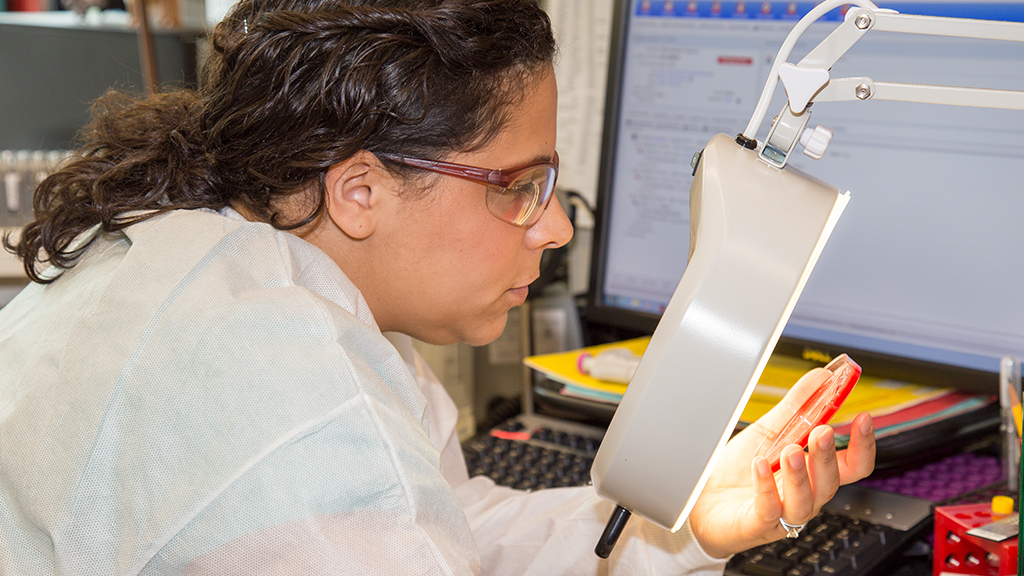Dogs and cats bring joy to our homes, and ensuring their well-being requires effort. Veterinary laboratories are invaluable resources in identifying health issues for domestic pets.
This article, we’ll examine the importance of veterinary labs and review key diagnostic services.
How Do Veterinary Laboratories Work?
Animal health testing facilities support veterinary care for analyzing health markers. They provide critical insights to make accurate diagnoses.

Steps in veterinary testing usually includes:
- Obtaining specimens: Biological materials are sent to the lab.
- In-depth testing: State-of-the-art processes deliver diagnostic insights.
- Reporting outcomes: Information helps manage health for targeted interventions.
Essential Tests in Veterinary Labs
Veterinary labs offer many tests to prevent serious conditions. Common exams include:
- Blood analysis: Monitor immune responses.
- Urine diagnostics: Identify dehydration.
- Fecal analysis: Monitor intestinal health.
- Allergy testing: Identify irritants.
- X-rays and ultrasounds: Detect tumors or growths.
laboratório veterinário ribeirão preto
laboratorio caes e gatos
How Testing Supports Pet Health
Routine diagnostics is key to keeping pets healthy. With advanced testing capabilities, vets can provide better care.

The advantages include:
- Proactive care: Chronic issues are managed.
- Saving on future treatments: Small problems are treated before they escalate.
- Trust in their well-being: You’ll know they’re thriving.
The Value of Diagnostics for Pet Owners
Veterinary labs ensure pets get the best care possible. By scheduling routine tests, you give them the care they deserve.
Talk to your vet about testing today and ensure their happiness and longevity!